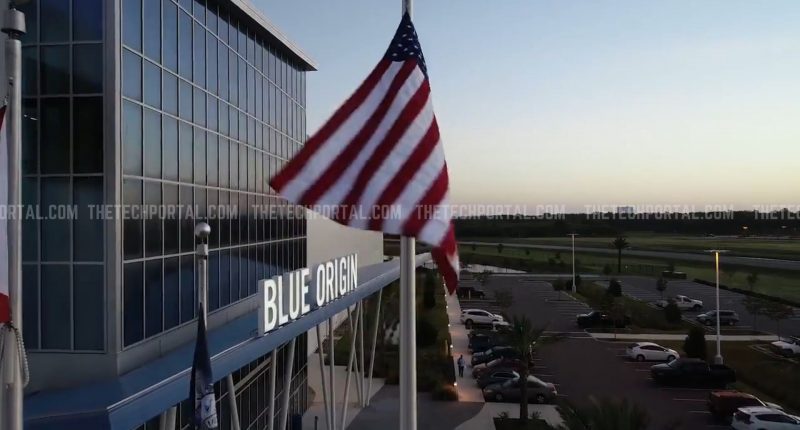Nearly a month after Jeff Bezos reached space aboard the New Shepard spacecraft, the founder of Amazon and one of the world’s richest people makes the headlines once again as his space company Blue Origin has filed a federal lawsuit on Friday challenging NASA’s decision to award a $2.9 billion lunar contract to its rival company, Elon Musk’s SpaceX.
SpaceX had been awarded the contract after competing with Dynetics and Blue Origin. This comes weeks after the U.S. Government Accountability Office rejected its protest and upheld NASA’s decision, saying that “the [contract] announcement reserved the right to make multiple awards, a single award, or no award at all.”
Both Blue Origin and Dynetics argued that NASA should have made multiple awards.
Blue Origin has contested NASA’s decision ever since the contract was given to SpaceX, and by taking NASA to court “in an attempt to remedy the flaws in the acquisition process found in NASA’s Human Landing System,” it has escalated the standoff over the lunar contract. Blue Origin feels that NASA’s evaluation of the proposals for the Human Landing System was “unlawful and improper.”
What is the Human Landing System? A part of NASA’s Artemis program, the HLS is responsible for sending astronauts to the moon for the first time since 1972. SpaceX won the HLS contract with a $2.9 million bid, triggering protests from Dynetics and Blue Origin.
NASA’s decision was surprising as it had previously indicated it would pick “up to two companies” and follow precedent from its Commercial Crew Program. But receiving lesser funding from Congress, NASA went with SpaceX.
“After accounting for a contract award to SpaceX, the amount of remaining available funding is so insubstantial that, in my opinion, NASA cannot reasonably ask Blue Origin to lower its price for its Blue Moon proposal”, NASA’s human spaceflight chief Kathy Lueders said. “I do not have enough funding to even attempt to negotiate a price from Blue Origin that could potentially enable a contract award.”
For now, Blue Origin’s lawsuit remains under seal, and the company feels that there were “fundamental issues” with NASA’s decision and that GAO was not able to address them “due to their limited jurisdiction.”
What does this mean for SpaceX and NASA? It seems that the matter is not reaching its end and is likely to continue. This could trigger another delay to NASA’s plans to land astronauts on the moon by 2024. Blue Origin’s protests at the GAO had earlier prevented Musk’s SpaceX from starting the contract for 95 days. Should Blue Origin prevail in the federal court, there will be an even longer delay.
“We firmly believe that the issues identified in this procurement and its outcomes must be addressed to restore fairness, create competition, and ensure a safe return to the Moon for America,” Blue Origin said.
The Tech Portal is published by Blue Box Media Private Limited. Our investors have no influence over our reporting. Read our full Ownership and Funding Disclosure →






